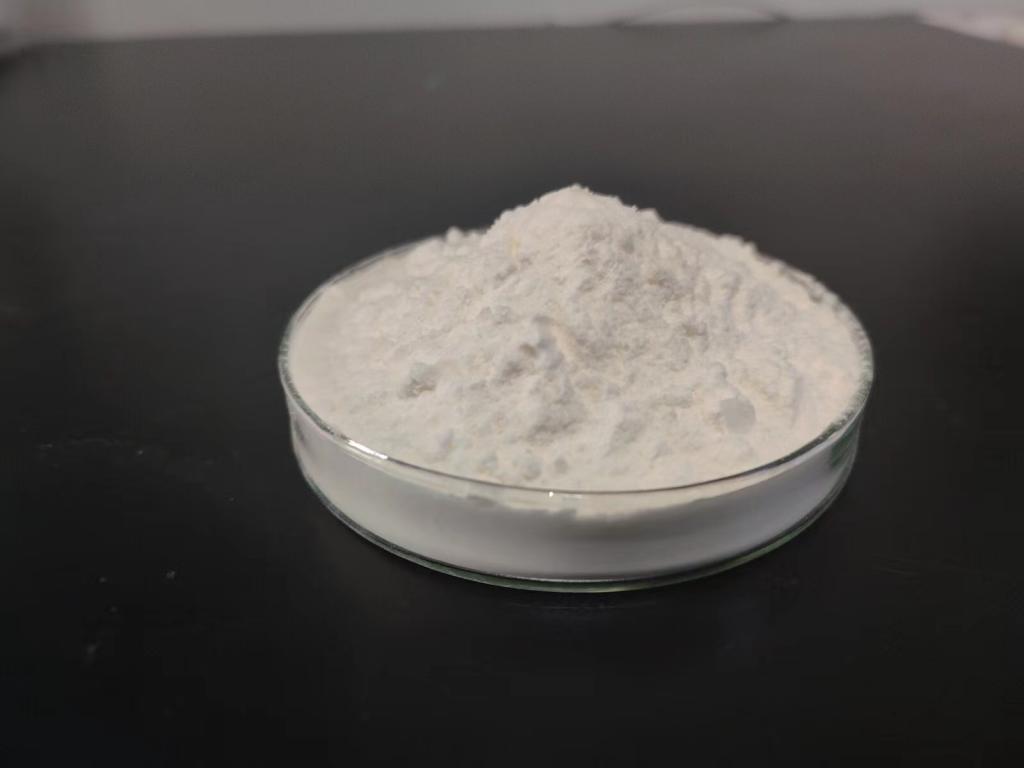Tel:+8618231198596

News
 CONTACT
CONTACT
 CONTACT
CONTACT
- Linkman:Linda Yao
- Tel: +8618231198596
- Email:linda.yao@dcpharma.cn
- Linkman:CHARLES.WANG
- Department:Overseas
- Tel: 0086 0311-85537378 0086 0311-85539701
News
Sustainable Practices: ε-Polylysine Hydrochloride's Contribution to Preserving the Future of Food
TIME:2023-12-01
1. The Imperative of Sustainable Food Practices:
Sustainability in the food industry encompasses environmental responsibility, economic viability, and social considerations. With the global population on the rise and increasing pressure on natural resources, the need for sustainable food practices has never been more pressing. ε-Polylysine hydrochloride is positioned as a key player in this paradigm shift, offering sustainable alternatives for food preservation.
2. Natural Origin and Environmental Footprint:
One of the fundamental elements that contribute to the sustainability of ε-Polylysine hydrochloride is its natural origin. Derived from the bacterium Streptomyces albulus, ε-Polylysine is produced through fermentation processes, which generally have a lower environmental impact compared to the synthesis of some synthetic preservatives. The eco-friendly production of ε-Polylysine aligns with the principles of sustainable sourcing and manufacturing.
3. Reducing Food Waste:
Food waste is a significant global concern with profound environmental implications. ε-Polylysine hydrochloride's antimicrobial properties play a crucial role in reducing food waste by extending the shelf life of perishable products. From fresh produce to dairy and meat products, the application of ε-Polylysine contributes to preserving the quality of food items, minimizing the need for premature disposal, and addressing the challenges of food waste in the supply chain.
4. Extending Shelf Life and Enhancing Sustainability:
The extension of shelf life through the use of ε-Polylysine hydrochloride has broader implications for sustainability. By reducing the frequency of restocking and the need for excessive packaging, ε-Polylysine supports a more sustainable food distribution system. Consumers also benefit from a reduction in food spoilage, contributing to a more efficient use of resources and a lower carbon footprint associated with food production.
5. Sustainable Packaging Solutions:
The integration of ε-Polylysine hydrochloride into food packaging materials represents a sustainable approach to food preservation. By incorporating this natural antimicrobial into packaging films and coatings, the need for additional synthetic preservatives or excessive packaging materials may be minimized. This sustainable packaging solution aligns with the broader industry push towards eco-friendly alternatives.
6. Eco-Friendly Production Processes:
The production of ε-Polylysine hydrochloride involves fermentation processes that are generally considered more environmentally friendly compared to the synthesis of certain synthetic preservatives. The use of sustainable and renewable resources in the production of ε-Polylysine contributes to the reduction of environmental impact, making it a compelling choice for those seeking eco-friendly alternatives.
7. Aligning with Clean Label Expectations:
The clean label movement, driven by consumer demands for transparency and natural ingredients, is closely linked to sustainability. ε-Polylysine hydrochloride aligns seamlessly with clean label expectations, providing a natural and recognizable alternative for food preservation. As consumers seek products with fewer artificial additives, the adoption of ε-Polylysine supports a cleaner and more sustainable approach to food processing.
8. Addressing Water Usage Concerns:
Water scarcity is a growing global challenge, and the food industry's reliance on water-intensive processes raises concerns about sustainability. Compared to some traditional preservation methods that involve water-intensive practices, the application of ε-Polylysine hydrochloride may contribute to water conservation by reducing the need for excessive rinsing or water-based treatments in food processing.
9. Challenges and Opportunities for Improvement:
While ε-Polylysine hydrochloride offers significant sustainability benefits, challenges and opportunities for improvement exist. Researchers and industry experts are actively working on optimizing production processes, exploring new applications, and addressing any potential environmental concerns associated with its use. Continuous innovation will be essential for maximizing the sustainability potential of ε-Polylysine.
10. Collaborative Efforts for a Sustainable Future:
The journey towards a more sustainable food industry requires collaborative efforts among researchers, producers, regulatory bodies, and consumers. Transparent communication, shared research initiatives, and a commitment to sustainable practices can create an ecosystem where innovations like ε-Polylysine hydrochloride thrive. As the industry collaborates to address challenges and maximize the sustainability potential of natural antimicrobials, the future of food preservation looks increasingly promising.
11. Consumer Education and Awareness:
Consumer acceptance and understanding are pivotal in the success of sustainable practices. Educating consumers about the benefits of ε-Polylysine hydrochloride in preserving food, reducing waste, and contributing to sustainability goals is essential. Transparent labeling and clear communication strategies can empower consumers to make informed choices that align with their values for a sustainable future.
12. Future Outlook:
As the food industry continues its journey towards sustainability, the role of ε-Polylysine hydrochloride is poised to evolve. Future research may uncover new applications, optimize production processes, and further enhance its sustainability profile. The integration of ε-Polylysine into mainstream food preservation practices represents a step forward in achieving a more sustainable, efficient, and environmentally conscious food supply chain.
Conclusion:
ε-Polylysine hydrochloride's contribution to sustainable food practices extends beyond its role as an antimicrobial agent. From reducing food waste to offering eco-friendly alternatives in packaging and production processes, ε-Polylysine represents a paradigm shift towards a more sustainable and responsible food industry. As innovation and collaboration continue to shape the future of food preservation, ε-Polylysine hydrochloride stands as a beacon, showcasing the potential of natural solutions in preserving the future of our food supply.
- Tel:+8618231198596
- Whatsapp:18231198596
- Chat With Skype







